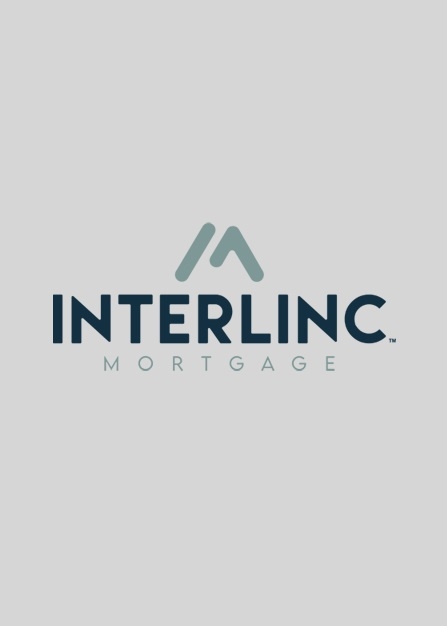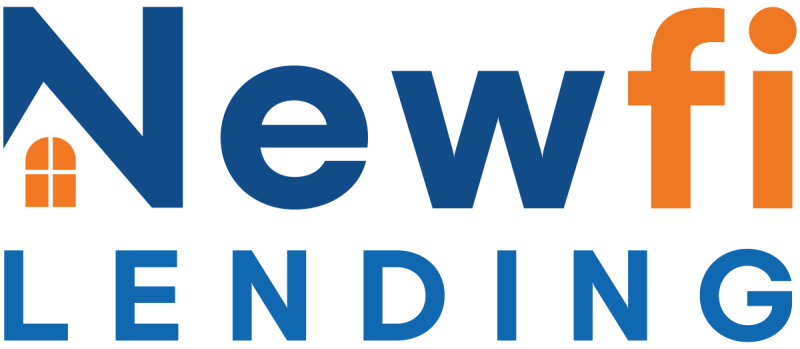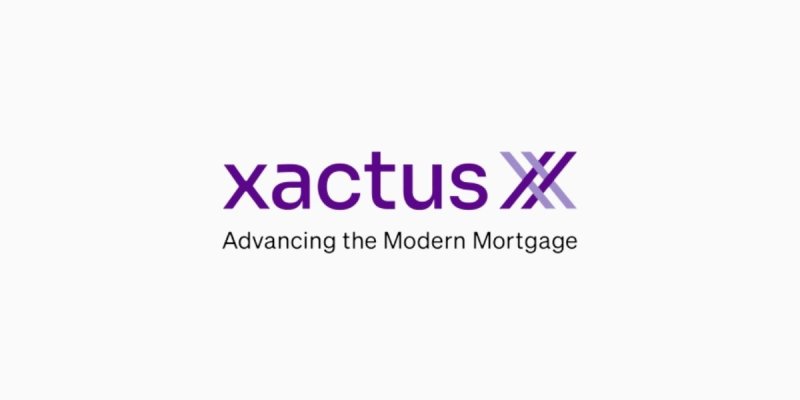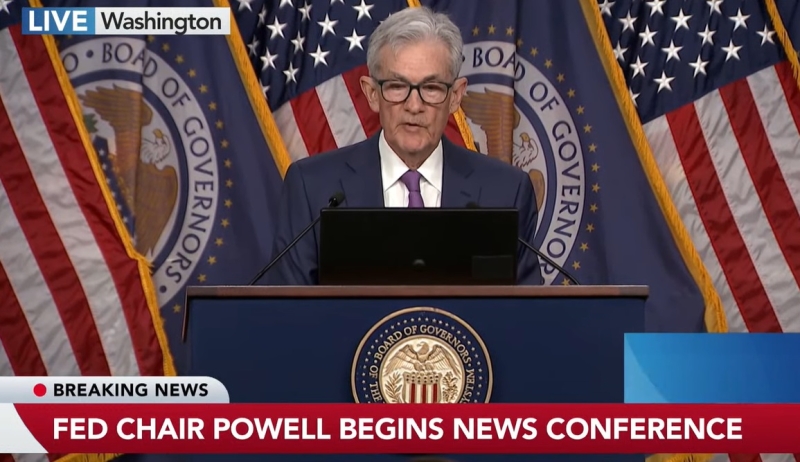
Access Denied: U.S. Homeowners Struggle To Tap Into Rising Equity

Rising real estate wealth juxtaposed by alarming inaccessibility - exploring the barriers keeping Americans from their home equity treasure trove.
U.S. homeowners are facing a predicament: despite sitting on a treasure trove of equity as real estate values rise, many need help unlocking this wealth. A new analysis by Point, a home equity investment company, sheds light on this increasing challenge and the dilemma of the modern housing market.
Homeowners in the U.S. have seen their equity balloon by a whopping 64% in the past half-decade, reaching a record $29.3 trillion in the first quarter of 2023. This surge is largely attributed to a 56% hike in home prices over the same duration. Despite these positive numbers, the avenues for homeowners to harness this equity remain elusive.
For instance, while the idea of drawing from this equity might seem straightforward, the current mortgage landscape says otherwise. The home equity lines of credit (HELOCs), once a popular method for homeowners to access their equity, now seem out of reach for nearly half of those who apply. Even more telling, the denial rate for HELOCs stands at an alarming 46%, starkly contrasting with a 12% denial rate for traditional mortgages.
Homeowners contemplating a cash-out refinance as an alternative face another hurdle: skyrocketing mortgage rates, now at their highest in 21 years. The financial repercussions of opting for a cash-out refinance in today's market can be startling. To illustrate, a homeowner who purchased a home at the median price of $310,600 in 2020 might see their monthly payment more than double if they attempt to access just $50,000 of their equity today.
A credit score proves to be another significant barrier. For a HELOC, lenders typically prefer a score above 720. But more than 25% of today's homeowners seeking mortgages have scores under 710, and 10% even have scores below 650.
Moreover, the growing gig economy presents another challenge. An estimated 15% of the workforce operates as independent contractors. For these individuals, the rigid income verification process further hinders their chances. Add to this the millions of retirees and unemployed individuals, and it becomes clear: traditional avenues of accessing equity have become increasingly narrow.
Reverse mortgages, specifically the Home Equity Conversion Mortgage (HECM) program, offer another avenue. However, they come with stringent criteria: homeowners must be at least 62 years old and have their mortgage paid off, making it a non-starter for many.
The challenges in accessing home equity come at a time when many Americans are grappling with financial uncertainties. With credit card debt crossing the $1 trillion mark, dwindling savings, and persistently high inflation, homeowners are desperately seeking relief.
Tapping into home equity can provide homeowners the means to renovate homes, start businesses, or settle high-interest debts. But as Point's data underscores, the path to accessing this well-earned equity is fraught with obstacles for too many Americans today.




